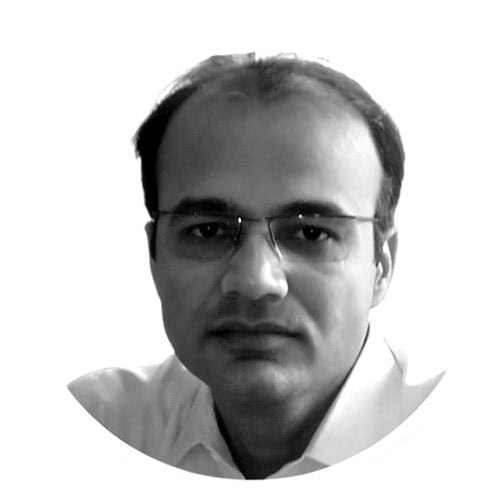Sustainable development and future of the world
THE term ‘sustainable development’ was first coined in 1987. It means the development of society in such a way that it will sustain for a long time.
At the state level, it is necessary to foresee the future to identify the demands. All policy-making and implementation of decisions must be in accordance with future demands.
It suggests adopting such methods of progress that consume fewer resources and promote social and economic equality which would strengthen the society.
The societies with social and economic inequalities would not sustain for a long time. It is a fact that sustainable development is not possible without industrial growth.
Commonly, industry consumes natural resources as raw material and the waste material of the industry pollutes the environment. Too much industrialization always causes a imbalance in the natural order.
In 19th Century Europe, it became common thinking that modern economic and industrial progress directly affect the natural environment.
Afterward, the whole of Europe adopted such a concept of progress which was sustainable as well as it has a less negative impact on the natural environment and society.
Different disasters or accidents, for example, the banking crisis in the USA in 1907, the economic crisis of 1929, a worldwide protest against bureaucracy in 1968, petroleum crisis from 1973 to 1979, Chernobyl nuclear accident in 1986, large scale leakage of oil in the sea near Alaska due to a sea accident in 1989, global warming, environmental pollution, decrease in thickness of ozone layer and different pandemics, etc., became the cause of an academic debate on sustainable development.
In 1972, it was predicted that if natural resources of the world were consumed at a large scale for progress then what would happen with our planet at the end of the 21st Century.
This study was based on five parameters which are world population, industrial growth, environmental pollution, food production and non-renewable sources of energy. The result derived from the computer simulation was alarming and need serious consideration.
It shows that if the consumption of natural resources and pace of progress remained the same then at the end of the 21st Century entire world will face an intense economic and social crisis from which it would be difficult to escape.
So, the United Nations felt the gravity of the issue and organized the first-world environmental conference in 1972. The theme of the conference was the preservation of the environment and natural resources.
The purpose of the conference was to derive such rules which promote balanced progress and preserve the natural environment and convince all the governments in the world to formulate laws for the preservation of the natural environment. No doubt, the natural resources of planet earth are limited.
If we consume these resources rapidly for progress then soon these resources will vanish. These natural resources are necessary to provide a safe and healthy future to the next generations.
Now the negative impact of rapid consumption of natural resources which includes environmental pollution and climate change is apparent in the world.
In 2015, the United Nations concluded the debate which was started in 1992 and introduced seventeen goals of sustainable development in the world. It was decided to implement these goals in the whole world up to 2030.
The sustainable development goals (SDGs) are related to the elimination of poverty, food security, health facilities, quality education, gender equality, cleanliness, safe energy sources, economic growth, industrial growth, elimination of inequality, climate change, safety of aquatic life, peace and justice. Implementation of these goals will preserve the environment as well as will strengthen society.
Now, a separate division is working under the supervision of the United Nations Department of Economic and Social Affairs for capacity building and implementation of sustainable development goals in the world. Many governments joined the cause initiated by the United Nations.
No doubt, it is the problem of the whole world and related to each human being on this planet. The United Nations designed a sound strategy to raise awareness about sustainable development goals.
Different organizations are working in coordination with the United Nations to actualize the goals, for example, international GreenMetric ranking and international TIME higher education ranking for universities.
GreenMetric ranked the universities based on their environmental-friendly practices and implementation of the green campus concept.
TIME higher education ranked the universities based on the implementation of SDGs. It is a good effort to raise awareness about SDGs in all the faculty members and students of the universities.
It is also the responsibility of all governments in the world because their participation is necessary for policymaking to implement sustainable development goals.
It is the responsibility of each government to formulate the law in this regard. It is also the responsibility of each citizen to follow the policy because it is a matter to not only secure our future but to provide a sustainable, balanced and safe future of the next generations.
—The writer is Lecturer Department of Humanities and Social Sciences, Khwaja Fareed University of Engineering and Information Technology, Rahim Yar Khan, Pakistan.










